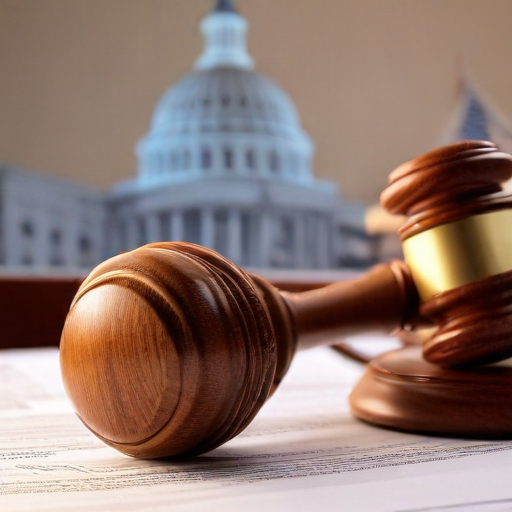Stephen Miller is set to return to the White House, having been appointed by President-elect Donald Trump as the deputy chief of staff for policy. In this influential role, Miller is expected to play a crucial part in formulating and executing Trump’s immigration policy, including measures aimed at the mass deportation of undocumented immigrants.
Vice President-elect JD Vance shared his enthusiasm for Miller’s appointment on social media, describing it as an excellent choice by the incoming president. Miller has been a longstanding and trusted adviser to Trump, having first collaborated with him during the 2016 presidential campaign. He subsequently served as a senior adviser in the Trump administration.
Miller is perhaps best recognized for his authorship of some of the most significant and controversial immigration policies from Trump’s first term, notably the zero tolerance policy that resulted in the separation of families at the border. After Trump’s presidency, Miller founded America First Legal, a nonprofit organization aimed at pursuing conservative legal efforts, which has engaged in numerous lawsuits to advance conservative interests against Democratic initiatives.
His appointment is anticipated to be divisive, but because the deputy chief of staff role does not require Senate confirmation, Miller will avoid the rigorous vetting process typically associated with cabinet positions.
As Trump’s 2024 campaign gains momentum, Miller has re-emerged as a key figure at rallies, passionately encouraging supporters to reclaim their vision of America. He conveyed a message of hope and determination, urging attendees to believe in a future where they can proudly assert that they participated in safeguarding the nation.
This appointment signals Trump’s commitment to continuing his hardline immigration stance and reinforces the administration’s focus on reshaping policies in line with their agenda. It remains to be seen how Miller’s return will influence the political landscape, but it undoubtedly underscores a renewed emphasis on immigration issues in the upcoming election cycle.
This development illustrates how political dynamics continue to evolve as leaders reassemble teams that reflect their core beliefs and priorities.
